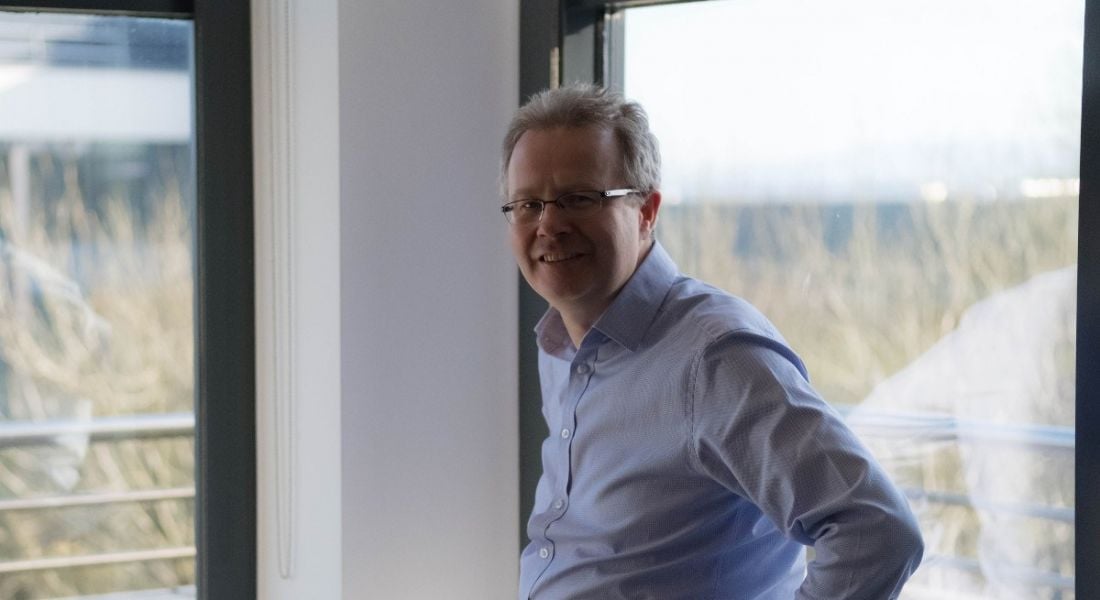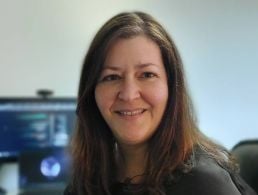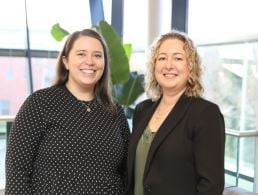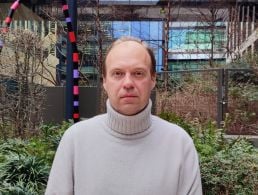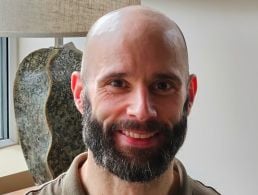Philip O’Dwyer talks about what a typical day looks like for him working in data engineering at Fidelity Investments.
A career in data is going to serve you well right now. Data has been the new oil for a while and from data scientist to data analyst, there are so many career options for you.
But what about when you move up the ranks? What does a leadership role look like in the data practice of a major multinational? Philip O’Dwyer leads the data engineering and architecture practices for the Ireland asset management technology team at Fidelity Investments.
Here, he discusses his role, what a typical day looks like for him and how the role has changed as the technology sector has evolved.
What is your role within Fidelity Investments?
I lead the data engineering and architecture practices for the Ireland asset management technology team at Fidelity Investments. Our purpose is to provide data engineering and architecture support for Ireland-based projects whilst aligning with the equivalent global organisations ensuring compliance with processes, practices, standards and strategy. I am also joint chair of the Fidelity Ireland Data Community of Practice, which is a forum where employees who are passionate about data can come together to exchange knowledge, ideas and learnings in an informal environment.
If there is such a thing, can you describe a typical day in the job?
I am in a leadership role, which involves coordinating activities across a variety of projects and initiatives. At present, I’m working on a couple of projects with the aim of transitioning applications to the cloud plus developing global services’ (Fidelity Ireland and India) big-data engineering skills. A lot of my time is spent in partner and staff meetings (both local and global), and on global services and asset management initiatives. A typical task includes working on presentations, which I deliver to stakeholder audiences interested in topics such as data engineering talent development.
As a chair of the Data Community of Practice, I’m also involved in organising events such as the Fidelity Ireland Data Symposium, which is our biggest event, attracting hundreds of live audience members and top speakers from leading data-led organisations.
What types of projects do you work on?
The types of projects I work on are typically focused on enhancing local data capability to support the enterprise data strategy, including an initiative which provides information to better enable cost efficiency, plus the continuous improvement of the end-to-end software delivery process. I also engage with my team on technology projects for portfolio management, trading, investment risk and managed accounts – these are our business partners in the US who we support in their goal to deliver market-leading investment performance.
What skills do you use on a daily basis?
As both a people manager and a practice lead, key tasks include planning, collaboration, networking, negotiation and communication. Technology and talent development are also important skills in my role, which involves one-to-one coaching.
What is the hardest part of your working day?
Keeping on top of emails!
Do you have any productivity tips that help you through the working day?
If possible, get into the office a little early. It’s surprising the number of tasks you can complete and emails you can clear when there are few interruptions.
When you first started this job, what were you most surprised to learn was important in the role?
My role on joining Fidelity was to set up a horizontal data engineering practice spanning multiple technology teams. I quickly realised that the mechanics of the organisational change was the easy piece – changing culture was more difficult. I was lucky in terms of the fantastic people assigned to my team and the partners I worked with to make the practice a success.
How has this role changed as this sector has grown and evolved?
For the past number of years, the main focus of the data organisation has been putting in place a robust data platform in an extremely complex financial services data landscape. Whilst continuing to ensure a strong data platform foundation, the global data engineering team is now pivoting much of the practice’s focus towards data analytics, AI and machine learning.
What do you enjoy most about the job?
I take particular enjoyment in working with my colleagues in the Ireland Data Community of Practice. I get to work with a fantastic group of people from across the business, which gives me exposure to work going on in other business units. This has given me a great network to leverage across the Ireland organisation.
Another aspect of my role I enjoy is the exposure I get to senior leaders across the global organisation. It really is a fantastic opportunity to gain insights from such an experienced group.
More recently I have joined the committee of the Enable Employee Resource Group, which is raising awareness of physical, intellectual and mental health challenges among employees and supporting related initiatives. It’s a privilege to work with this incredibly motivated group who are making a real difference to the lives of people who are differently abled and in making Fidelity a more inclusive workplace.
